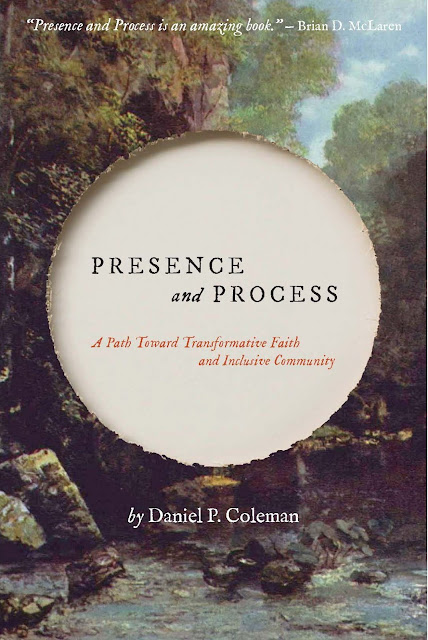"God's love must be experienced first--and then our moral behavior is merely an outflowing from our contact with that infinite source toward all other people and things. Love is the powerful horse; morality is then the beautiful cart that it pulls, not the other way around." —Richard Rohr
This is so simple that I think it is easy to miss the profundity of it. In my experience, Christians tend to place their focus on "sin management." Many pastors and teachers convey a message that God's orientation towards us (whether favorable or wrathful; blessing or cursing) is directly related to our effectiveness at managing sin. Thus, for example, many Christians reject LGBTQ people because to welcome and affirm them (they've been told) would be to allow "sin in the camp" and incur God's punishment. And many Christians live in a continuous state of low-level self-indictment--always aware of how they disappoint God due to their moral failures. The Pharisees made these same mistakes: they believed they had to get everything in order according to their interpretation of God's expectations of purity, and only then would God come to their aid and bless them. Jesus's message to them was--essentially--that they had gotten it backwards and, as a result, their religion had become exclusionary and oppressive and destructive; the very antithesis of God's intent.
But when we begin by simply surrendering to God's unfailing, relentless, unconditional and unequivocal love, we begin to undergo a transformation that starts deep on the inside and slowly (without our effort) works its way outward. We become more peaceful, more simple, more aware of others--because we know experientially that at the ground of our existence is union with God "in whom we live and move and have our being." We become like sponges saturated with God's love and oozing it out wherever we go. Love is the cause. Morality/behavior is merely an effect. Not the other way around.
I have found that an effective way to learn to surrender to God's love (which is always present) and allow God's Spirit to do the quiet inner transformative work is through contemplative practices such as Centering Prayer and other ancient Christian practices (such as what Rohr teaches) which foster an emptying of one's self in exchange for a filling with God's Self (actually, God already fills us, we just have to get out of the way in order to see it).


